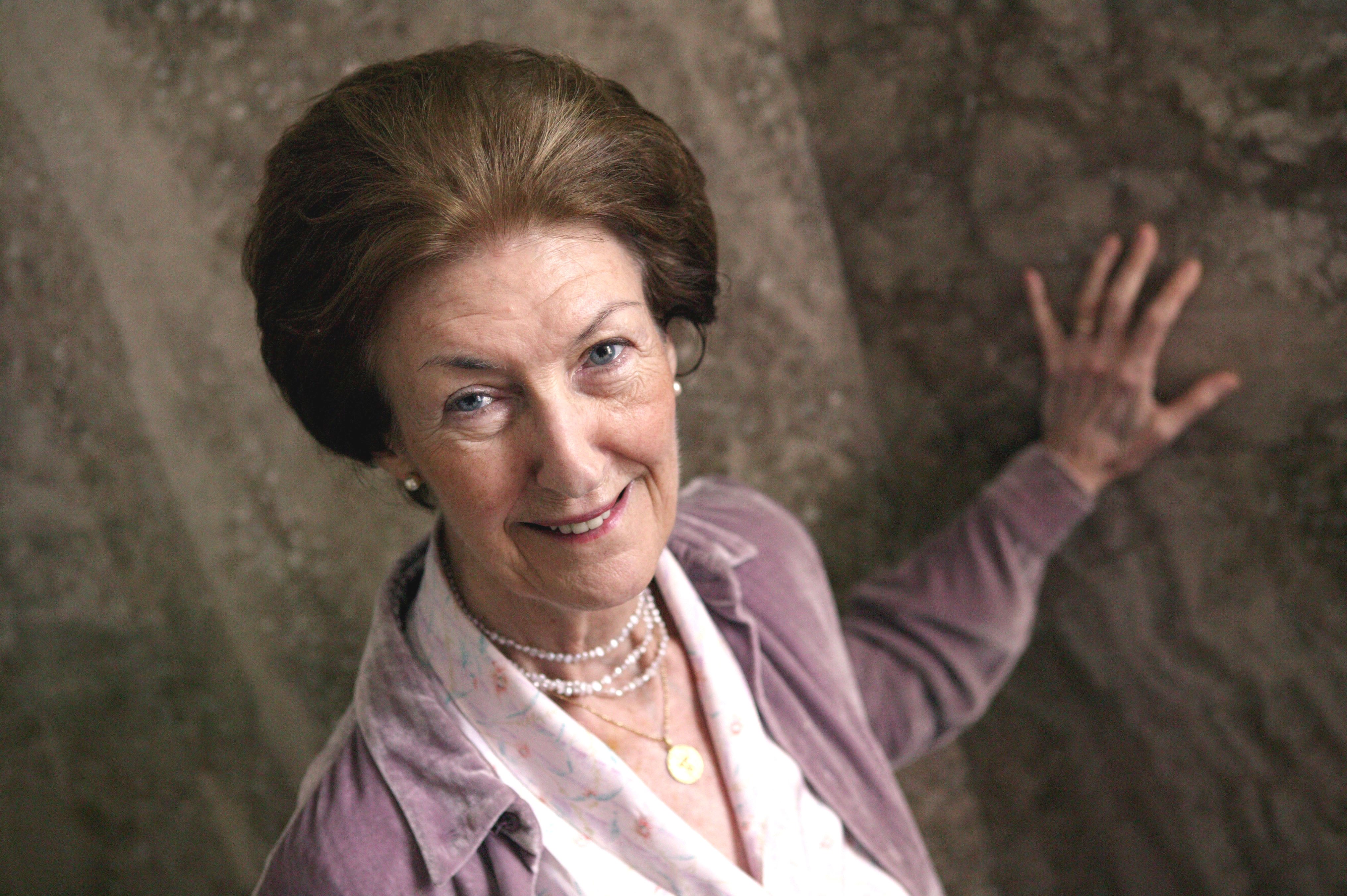Book of a lifetime: The Transit of Venus by Shirley Hazzard
From The Independent archive: David Miller on being swept up in the emotion and elegant prose of a classic of post-war fiction

Quite how it took me so long to discover Shirley Hazzard’s The Transit of Venus irritates me. I bought a copy in New York on a business trip after someone looked at me open-mouthed when I said I hadn’t read it. Once I began reading, I was ensnared, like having been bitten by a puppy or kitten that wouldn’t let go until it tasted blood.
The book tells the story of two sisters in Australia in the 1950s, ending in the late 1970s, moving from Sydney to London then to New York and finally Stockholm. Thinking about it now, it’s one of the first novels that understood the post-war era but took in what we think of as globalisation, a novel where all the strings are tied tight and yet everything remains loose. Hazzard has a brilliance for setting a sweepingly historical moment (”In America, a white man had been shot dead in a car, and a black man on a veranda”) as well as the most intimate (”Pain rose up from her thorax, and descended like sleet behind her eyes”) with the most astute eye.
She has a devastating ability to capture character: Major Ingot is “thickly built, though in no martial way, having a citified paunch and a large pinkish jowl”. His eyes, “a hurt blue, were the eyes of a drunken child.” He has recently married, and “a wedding ring was already tight on his finger, like a knot tied there to remind, or the circlet fixed on a homing pigeon”. Hazzard lets us see he has “a desk-bound corpulence that might have done for a general” then damns himself producing “staccato information before ordering crab salad.” Hazzard never judges Ingot: everyone is allowed their own humanity. The book is also, technically, illuminating.
Within 10 pages, once you start caring for a character, Hazzard takes one’s breath away: “In fact Edmund Tice would take his own life before attaining the peak of his achievement.” To kill a character and make him live – without being Nabokovian in tricksiness – is rare in fiction. It would be pointless to map out the plot. Love and lust happen. Death and family get in the way. Guilt and responsibility loom large. There is laughter, sorrow, war, peace, comedy, tragedy. The beast that bit my fingers nearly 10 years ago may well now be a wolf or lion: it chews on my arm, will probably gnaw the bleeding thing off. Whenever I pick the book up, I wonder why I have been away from it for so long. There is no inelegant sentence on any page. I want to linger in its wisdom, understanding, humour, grace, emotion. Emotion in prose for me is everything and Hazzard is one of the few authors I have come across whose writing is, bluntly, like life.
Join our commenting forum
Join thought-provoking conversations, follow other Independent readers and see their replies
Comments
Bookmark popover
Removed from bookmarks